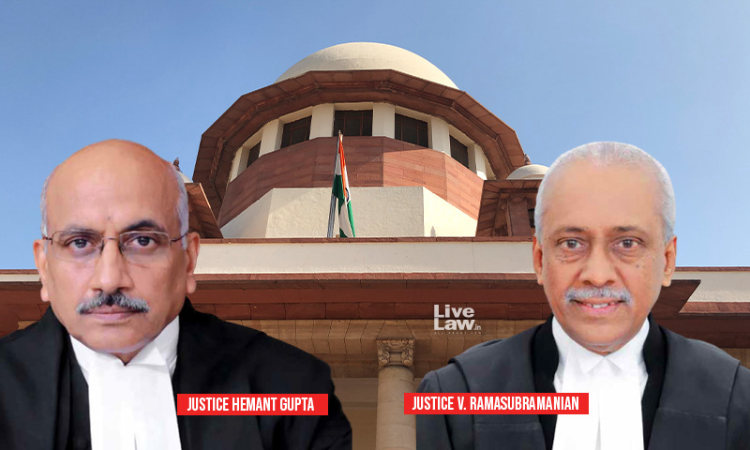Ad Hoc Payment Made As Per Interim Orders Does Not Form Part Of "Wages" Under Payment Of Wages Act: Supreme Court
LIVELAW NEWS NETWORK
7 April 2022 6:28 PM IST

Next Story
7 April 2022 6:28 PM IST
The Supreme Court observed that ad hoc payment made pursuant to the interim orders passed by Court does not form part of "wages" within the meaning of the expression under Section 2(s) of the Payment of Gratuity Act, 1972 for the purpose of calculating gratuity.A party who is in enjoyment of an interim order, is bound to lose the benefit of such interim order when the ultimate outcome...
